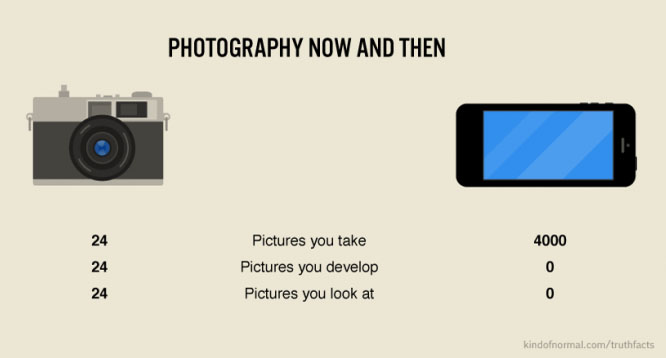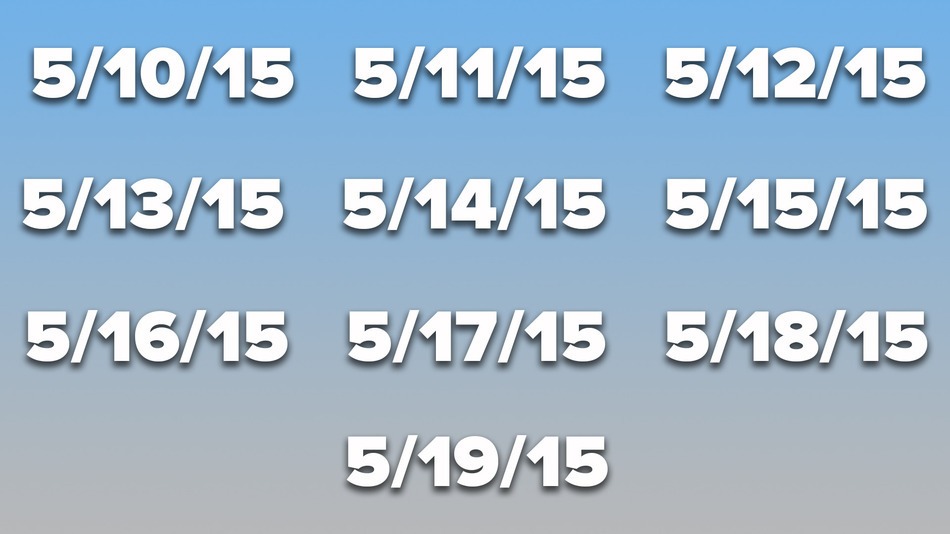One of the strangest things about the current debates about surveillance and the law-enforcement and security agencies that are lobbying energetically for even more intrusive powers than they already have, is the eerie absence of any sceptical voice about the integrity and trustworthiness of these agencies. The idea that there might be even a single black sheep among the serried ranks of ‘dedicated’ public servants (aka spooks, NSA/GCHQ geeks, public police officers, etc.) is treated with outrage by their leaders and political masters. I know, because I’ve uttered such outrageous conjectures in their presence!
This is really weird, because you can only rationally take this line if you have no knowledge of history. And we’re not talking ancient history either — the recent past will do. In Britain, for example, it’s not that long ago since MI6 was riddled with Soviet spies (Blunt, Burgess, Maclean, et al, or that MI5 was staffed by right-wing nutters (see, for example, the files on that agency’s surveillance of Eric Hobsbawm). So the idea that their successors are 100% certain to be squeaky clean seems, well, a mite implausible.
On the other side of the pond, we have seen the former head of the NSA lying under oath to Congress (though now Agency lawyers are claiming that it was just a slip of the memory that led him to mislead legislators). And the current Director of the FBI, one James Comey, has been weighing in against companies like Apple and Google providing their customers/users with strong encryption with which to protect their privacy.
Which, of course, reminds anyone with a sense of history of one of Mr Comey’s predecessors, J. Edgar Hoover. There’s an interesting article by Margaret Talbot in the New Yorker about a new book by Betty Medsger, a former Washington Post reporter. It’s about a incident that took place in March 8, 1971, when a group of pacifists broke into an F.B.I. field office in Media, Pennsylvania, and stole hundreds of the agency’s files.
by Betty Medsger, a former Washington Post reporter. It’s about a incident that took place in March 8, 1971, when a group of pacifists broke into an F.B.I. field office in Media, Pennsylvania, and stole hundreds of the agency’s files.
The files, predictably, were very revealing about Hoover’s FBI. Among other things they showed that
Hoover’s F.B.I. had a twisted idée fixe about African-Americans; it aimed to put spies in every black student union at every college in the country, “without regard for whether there had been disturbances on such campuses,” and had largely achieved that goal. As Medsger writes, the over-all impression the files gave was that Hoover and many other F.B.I. officials “thought of black Americans as falling into two categories—black people who should be spied on by the F.B.I. and black people who should spy on other black people for the F.B.I.”
But that was relatively small beer compared to some of the other stuff. As Talbot tells it, “One of the files contained a routing slip with a strange word on it: COINTELPRO. It took two years and the determination of Carl Stern, an NBC News reporter who filed several Freedom of Information Act requests and a lawsuit against the Justice Department and the F.B.I., for Americans to discover what COINTELPRO was.”
So what was it?
Hoover had been running a highly secret program under that name which not only spied on civil-rights leaders, suspected Communists, public critics of the F.B.I., student activists, and many others but also sought to intimidate, smear, and blackmail them, to break up marriages, get people fired, demoralize them. These were the auspices under which the F.B.I. spread a false rumor that the actress Jean Seberg, who had recently given a donation to the Black Panther Party, was pregnant by a Panther leader. (Seberg was pregnant, and, shortly after the story appeared in a gossip column, she miscarried.) It was under COINTELPRO that Hoover waged his assault on Martin Luther King, Jr., wiretapping his hotel rooms and recording his sexual encounters, and, at one point, trying to coerce him to commit suicide.
So Hoover was a bad apple, and he bent the FBI into a contorted shape. The stolen files led to a scandal and the setting up of the Church Committee, the imposition of a ten-year term for the Director of the FBI and permanent Congressional oversight of the Bureau. Ironically, they also led to the setting up of the secret FISA court under which the NSA now supposedly operates.
All of this took quite a while (five years between the leaking of the files and the second report of the Church Committee). Given that the Snowden revelations started in June 2013, we’re on track to find out about the current deficiencies and perversions of NSA/FBI/GCHQ/MI6 round about 2018.


